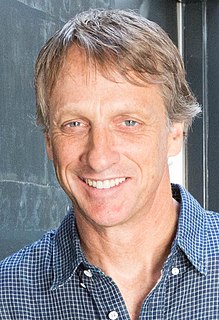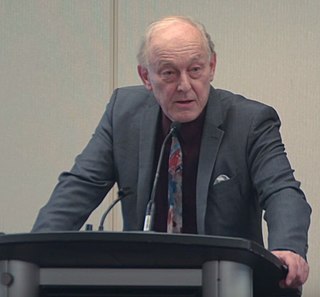A Quote by Charles Koch
I don't like the idea of capitalism anyway. Because it's not capital we are talking about; it's knowledge and creating well-being. Because I mean, that gets people on the wrong track when it's capital and how we allocate capital - no. How do we create the Republic of Science in America? How do we have a system of mutual benefits where people succeed by helping others improve their lives? So I don't like that at all.
Related Quotes
How do we have a society that maximizes peace, civility and well-being for everyone? How do we have a system of individual rights in which people succeed by helping others improve their lives? We're a long way from that. So what, I mean, we got more to learn than we know, to me. So we need better ideas.
We have a legal system, and this is not something that happens all the time. We have capital punishment. America has capital punishment. Iran has capital punishment. Iran hangs people and leaves their bodies hanging on cranes. Iran put to death more than a thousand people last year. I don't see EU reporting on it.
There is but one means available to improve the material conditions of mankind: to accelerate the growth of capital accumulated as against the growth in population. The greater the amount of capital invested per head of the worker, the more and better goods can be produced and consumed. This is what capitalism, the much abused profit system, has brought about and brings about daily anew. Yet, most present-day governments and political parties are eager to destroy this system.
How is it that we have created an economic system that tells us it is cheaper to destroy the earth and exhaust its people than to nurture them both? Is it rational to have an pricing system which discounts the future and sells off the past? How did we create an economic system that confused capital liquidation with income?
The financial doctrines so zealously followed by American companies might help optimize capital when it is scarce. But capital is abundant. If we are to see our economy really grow, we need to encourage migratory capital to become productive capital - capital invested for the long-term in empowering innovations.
The ability of so many people to live comfortably with the idea of capital punishment is perhaps a clue to how so many Europeans were able to live with the idea of the Holocaust: Once you accept the notion that the state has the right to kill someone and the right to define what is a capital crime, aren't you halfway there?
The brilliant creative core of capitalism ... is the story the entrepreneurs and capital investors tell themselves about the future. How they intend to alter it, what they expect to gain in return, where they will raise the capital to accomplish their vision. Many of their stories turn out to be flawed or mistaken, of course, but the capacity to envision a set of future events and then act to fulfill them is a central source of capitalism's strength and its dominance of society.

































